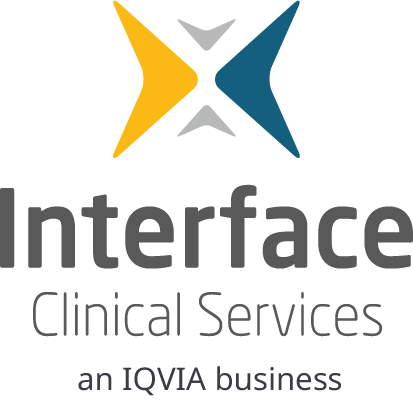QOF Disease Prevalence Coding Support
![]()
Our Clinical Pharmacists are now able to offer coding support across a number of QOF domains

Patients were more likely to receive the nine key care processes recommended by NICE and markers of glycaemic control including HbA1c, BP and total cholesterol levels improved, according to the study carried out at 13 GP practices in Slough CCG, Berkshire.
Across 5,910 patients included in the study, published in BMJ Open, 46% received the nine NICE-approved tests at the start of the project compared with 58% on its completion at 12 months.The proportion of patients within target levels for HbA1c rose from 65% to 70%, for BP from 70% to 76% and for total cholesterol from 78% to 82%.
However the benefits did not last in the long term, as the number of patients meeting their targets fell in the year after the project ended. The authors suggest that an ongoing joint initiative between GPs and pharmacists is therefore more beneficial than a fixed-term intervention.
The National Diabetes Audit 2012/13 reported that only 39.5% of diabetics in the UK achieve concurrent achievement of recommended glucose, blood pressure and serum cholesterol targets. There are currently 2.9m people with diabetes in the UK, and this is predicted to exceed 5m by 2025.
Pharmacists in the Slough scheme made recommendations at multidisciplinary meetings about drug initiations, dose changes, drug discontinuations, intervention in relation to lifestyle, treatment and diet advice, and referrals to secondary care.
Practices varied between implementing these recommendations opportunistically or proactively, and the pharmacists followed up with practices at six and 12 months.
GP practices across England were invited to bid for a share of £112m under an NHS England pilot to place pharmacists in general practice.
![]()
Our Clinical Pharmacists are now able to offer coding support across a number of QOF domains